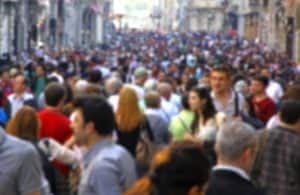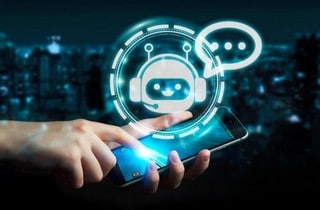
The facial scanning technology moves away from individual monitoring and instead focuses on ways to test for the virus before someone receives a diagnosis.
Abu Dhabi has begun using facial scanning in public places such as malls or airports. A trial of over 20,000 participants showed promising enough accuracy that the city will leverage the technology to help detect the presence of the virus without causing public bottlenecks.
The scanners use electromagnetic waves that pass through the body and provide a specific feedback signal when the presence of the RNA particles of the virus are detected. Preliminary tests showed 93.5% accuracy, and the city plans to use it to help quell increasing exposure in public spaces as the world struggles to return to normal operations post-pandemic.
Despite its high vaccination rates, the United Arab Emirates continues to experience new cases daily, including the newest, more resistant strain. It hopes this technology will quickly identify potential new cases and direct them away from the public before the infection spreads.
See also: How AI is Enabling Pervasive Biosensing
Facial scanning and Covid deterrent
Previous facial recognition efforts lay solely in identifying who might be flouting stay-at-home orders. Russia and China both used the technology to monitor populations under quarantine carefully. China successfully used recognition algorithms to identify citizens who were wearing masks and expanded to detect fevers.
This technology moves away from individual monitoring and instead focuses on unique ways to test for the virus even before someone receives a diagnosis. It’s part of a larger wave of technology designed to take advantage of algorithms that can connect data dots to lead to a diagnosis faster and with fewer mistakes.
Previous efforts from around the world include software that can identify potential covid-related muscle weakness from auditory recordings of coughs. Researchers will continue to look for creative ways to catch or prevent new cases and lessen the spread of the novel coronavirus, and this technology could aid those efforts without another series of lock-downs.



























